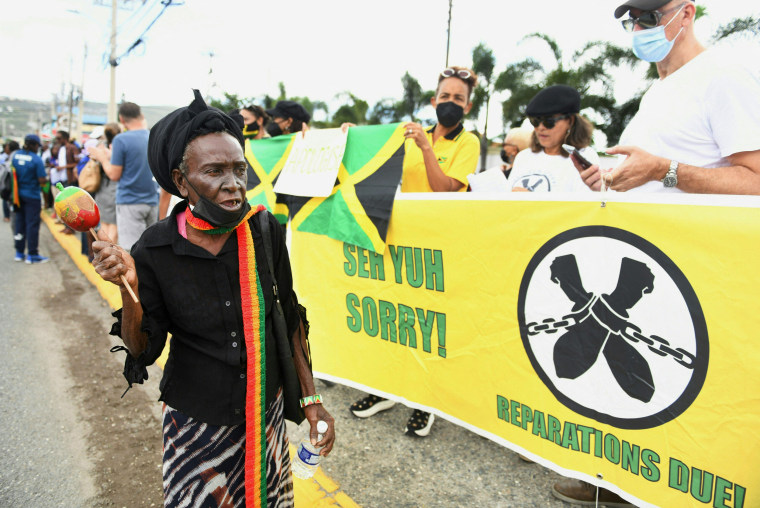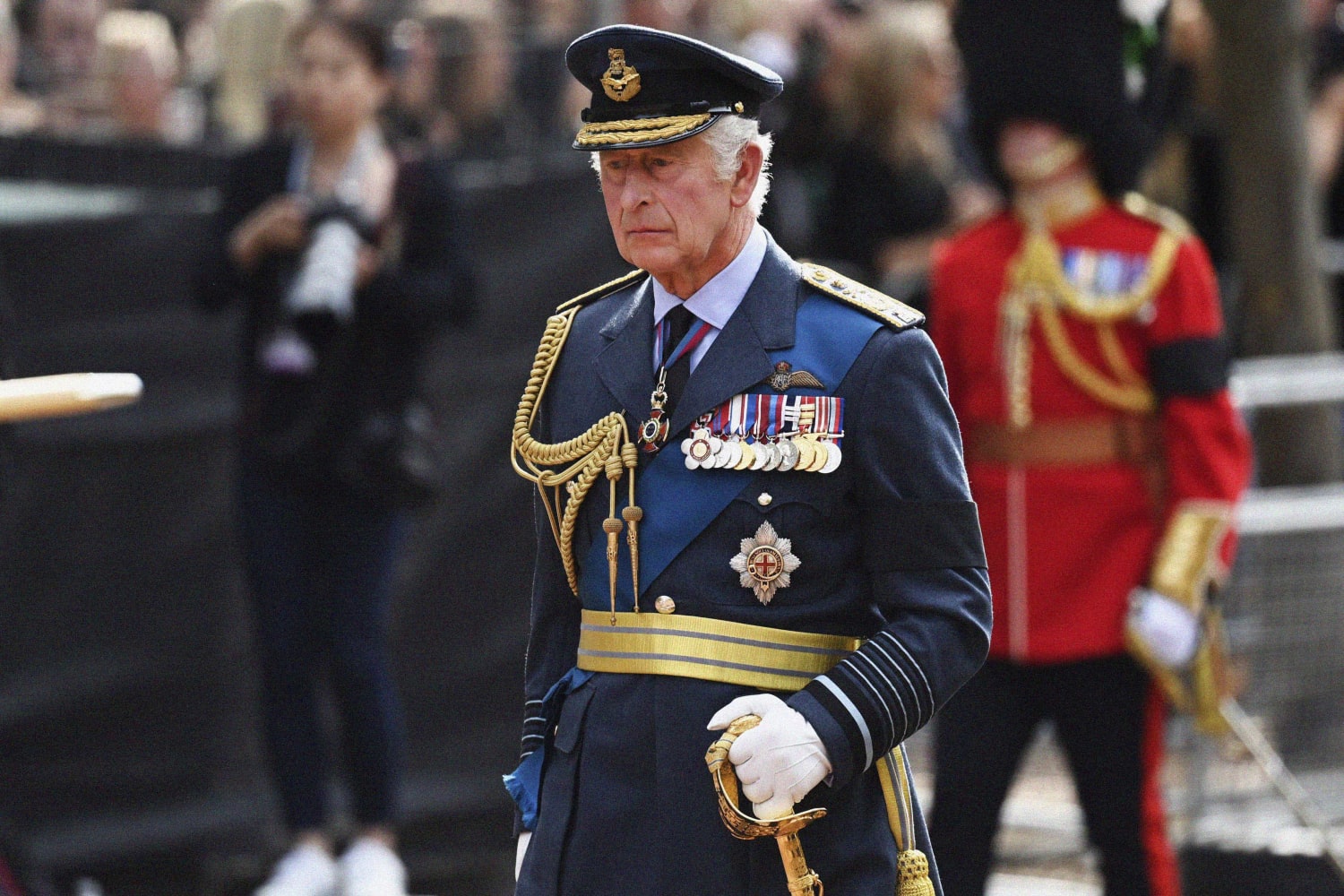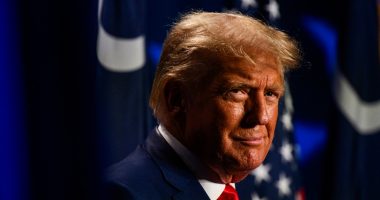“Whatever you think of the Commonwealth — colonial-era relic or modernizing institution — I don’t think the queen’s commitment to the organization can really be doubted,” Christopher Prior, an associate professor of colonial and post-colonial history at the University of Southampton in the United Kingdom, said in an email to NBC News.
But in recent years, former British colonies, especially countries where Black residents were enslaved by their colonial masters, have been demanding accountability from the royal family, which became fabulously rich on the backs of slaves.
So while there have been tributes to the queen throughout the Commonwealth — on Thursday hundreds gathered in an Anglican cathedral in the Ugandan capital of Kampala for a service honoring Elizabeth — there has been simmering discontent, too.

In March, the now-heir to the throne, Prince William, his wife, Kate, Prince Edward and the Countess of Wessex were met with demonstrations and demands for reparations for slavery while on a royal tour of the Caribbean that took them to former colonies Jamaica, Belize as well as the Bahamas.
Many residents were especially incensed that their countries were helping pay for the royal tour.
“Why are we footing the bill for the benefit of a regime whose rise to ‘greatness’ was fueled by the extinction, enslavement, colonization (sic), and degradation of the people of this land?” the Bahamas National Reparations Committee declared in an open letter. “Why are we being made to pay again?”
In Australia, a Commonwealth country where many revered Queen Elizabeth, newly elected Prime Minister Anthony Albanese’s government has already raised the possibility of holding a referendum to jettison Charles and the monarchy and become a republic.
The same goes for Canada, where the support for having a foreigner as head of state has also been eroding.
“I prefer someone from Windsor than the House of Windsor” to be head of state, Flavio Volpe, president of Canada’s Automotive Parts Manufacturers’ Association, told Reuters after Elizabeth died.
Windsor is a Canadian city just across the Detroit River from Motown.
The sun was already setting on the British Empire when Elizabeth took the throne in 1953. And during her 70-year reign, 17 countries discarded the monarchy and became republics – the latest being the tiny island nation of Barbados earlier this year – although it continues to be part of the Commonwealth.
With Charles now king, that trend is likely to continue, said Prior. And there’s not much he can do about it.
“I don’t think that these conversations taking place across the world are conversations that the new king would have a great deal of control over,” Prior said. “If we do have Commonwealth nations becoming republics, then that obviously further takes away some of the old imperial-era ties that originally bound the Commonwealth together in the first place.”
After World War II, with many countries winning independence from Britain, the modern Commonwealth was born.
Source: | This article originally belongs to Nbcnews.com









